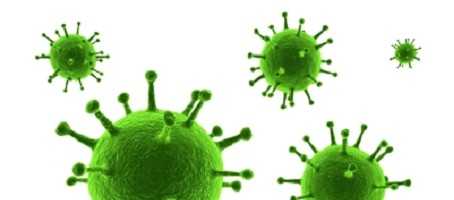A new study has found that the molecule pterostilbene, found in foods and drinks like blueberries and red wine, reduces the build up of body fat. This could reduce the risk of type 2 diabetes and other diseases.
The study was conducted by UPV/EHU’s ‘Nutrition and Obesity’ Group in collaboration with the United States Department of Agriculture (USDA).
Obesity, defined by an excessive accumulation of body fat, is a serious problem in many developed countries. It significantly increases the risk of insulin resistance, type 2 diabetes, hypertensio, alterations in plasma lipids, and fatty liver.
Obesity is traditionally treated by lifestyle changes, including adopting a healthier lifestyle and engaging in more exercise. These strategies, however, do not always have a long-term effectiveness. Including ingredients like pterostilbene in an obese person’s diet may open up greater possibilities for treatment.
While other studies have analysed the effects of pterostilbene, they have focused primarily on cancer. This research is the first to examine the effects of the molecule on obesity in animal models, finding that it reduces body fat by lowering the fat synthesis in adipose tissue, and by increasing its oxidation in the liver.
Future studies will focus on humans rather than animals, with an aim of confirming the obesity-countering effects of the molecule.
Journal reference:
Saioa Gómez-Zorita, Alfredo Fernández-Quintela, Arrate Lasa, Leixuri Aguirre, Agnes M. Rimando, María P. Portillo. Pterostilbene, a Dimethyl Ether Derivative of Resveratrol, Reduces Fat Accumulation in Rats Fed an Obesogenic Diet.Journal of Agricultural and Food Chemistry, 2014; 62 (33): 8371 DOI:10.1021/jf501318b
What's new on the forum? ⭐️
Get our free newsletters
Stay up to date with the latest news, research and breakthroughs.





